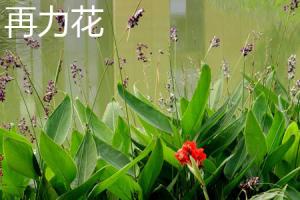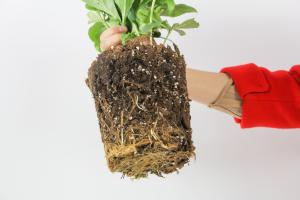Can Pond Water Make Plants Grow?
If you have a pond on your property, you may be wondering if the water in it can be used to fertilize your plants. After all, pond water is full of nutrients that are essential for plant growth, and it seems like a waste to let all of that go to waste. The question is, can pond water make plants grow, or is it too contaminated to be used as a fertilizer? Let's take a closer look.
What's in Pond Water?
Pond water contains a variety of nutrients that are essential for plant growth, including nitrogen, phosphorus, and potassium. In fact, these nutrients are often found in commercial fertilizers, which are used to boost plant growth. However, pond water can also contain contaminants that can harm plants, such as heavy metals, algae, and bacteria. The concentration of these contaminants can vary depending on a number of factors, including the size and location of the pond, the amount of runoff it receives, and the types of plants and animals that live in it.
The Pros and Cons of Using Pond Water as Fertilizer
One of the main advantages of using pond water as fertilizer is that it's an inexpensive and environmentally friendly way to boost plant growth. Instead of relying on chemical fertilizers that can be harmful to the environment, you can use the natural nutrients found in pond water to nourish your plants. Additionally, pond water can help to conserve water, since you're not using tap water to irrigate your plants.
On the other hand, using pond water as fertilizer can be risky. If the water is contaminated with heavy metals, algae, or bacteria, it can harm your plants and even make them unsafe to eat. Additionally, pond water may not contain enough nutrients to support the growth of certain types of plants. For example, if your soil is deficient in calcium, you may need to add a calcium supplement to your pond water to ensure that your plants get enough of this essential nutrient.
How to Use Pond Water as Fertilizer
If you decide to use pond water as fertilizer, there are a few steps you should follow to ensure that your plants get the nutrients they need without being harmed by contaminants. First, test your pond water to determine its nutrient content and the presence of any contaminants. You can use a pond water test kit or send a sample to a lab for analysis.
Next, dilute the pond water with tap water to reduce the concentration of any contaminants. A good rule of thumb is to use a 25-50% pond water mixture. Finally, apply the mixture to your plants as you would with any other fertilizer. You can use a watering can or a sprinkler to distribute the fertilizer evenly over your plants.
The Bottom Line
So, can pond water make plants grow? The answer is yes, but with some caveats. While pond water is full of nutrients that are essential for plant growth, it can also contain harmful contaminants that can harm your plants or make them unsafe to eat. If you decide to use pond water as fertilizer, it's important to test it first to determine its nutrient content and the presence of any contaminants. Additionally, you should dilute the pond water with tap water to reduce the concentration of any contaminants and apply it to your plants carefully to ensure that they get the nutrients they need without being harmed.

 how many times do yo...
how many times do yo... how many planted tre...
how many planted tre... how many pine trees ...
how many pine trees ... how many pecan trees...
how many pecan trees... how many plants comp...
how many plants comp... how many plants can ...
how many plants can ... how many plants and ...
how many plants and ... how many pepper plan...
how many pepper plan...































